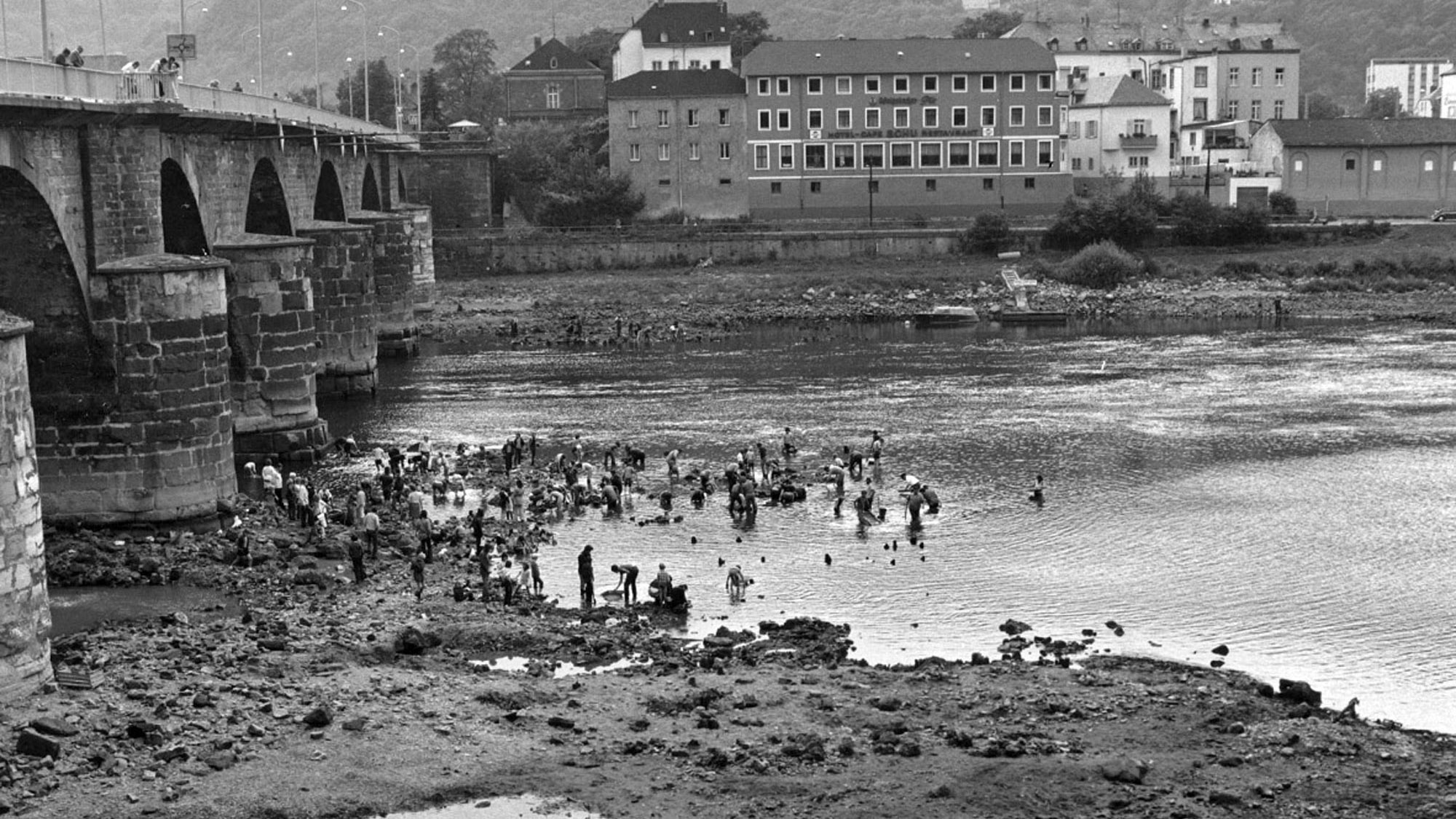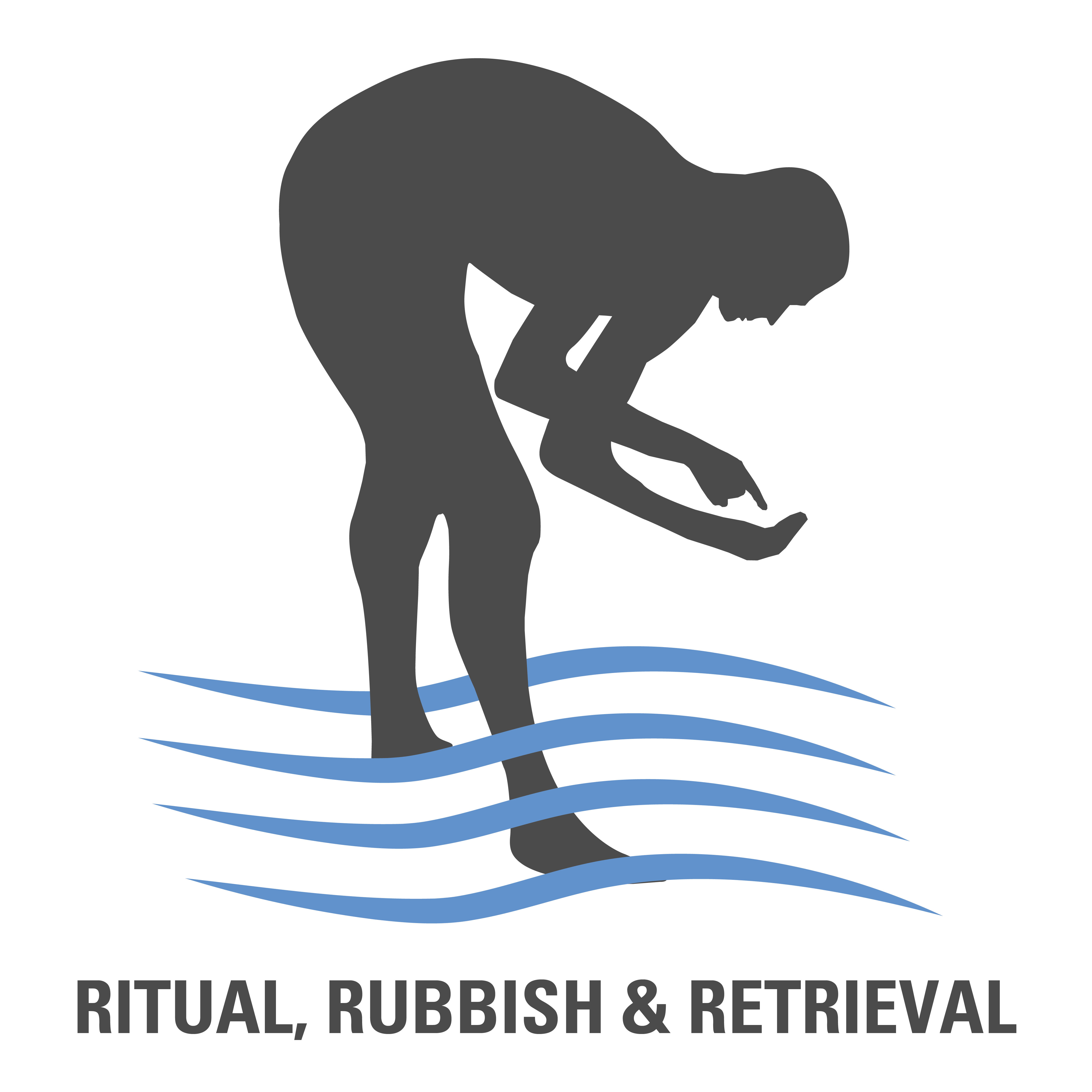Rituale, Abfälle und Sammler: neue Ansätze zu römischen Flussfunden
The Roman city of Colonia Ulpia Traiana (CUT) is located in the urban area of present-day Xanten, but was never built over in post-ancient times. Since the 16th century and increasingly in the 19th century, archaeological research and excavations have been carried out in the area of the CUT, culminating in the establishment of the LVR Archaeological Park (APX) in 1973. Since then, the protection of the ground monuments has offered archaeologists an almost unique opportunity to explore a Roman city in the North-West Provinces with all its facets. The APX thus represents the ideal environment for students in archaeology to learn fieldwork as well as to improve the skills they have already acquired. After a first successful campaign in 2016-2019 in the area of Insula 22, new excavations are planned to start in 2023. These will be carried out in partnership with Roman Archaeology at the Radboud Universiteit in Nijmegen (NL) and will target selected areas in the area of Insula 29. This insula, located in the north-eastern corner of the CUT, has not yet been the target of excavations. However, radar images show an intensive Roman overbuilding, which is now to be investigated in more detail by excavations. In addition to the buildings from the time of the Colonia (2nd-3rd century), structures from the early period of Roman settlement on site are of particular interest, whose structure is still being intensively discussed in research.
In addition to the research questions, the excavations primarily serve to educate the students from Cologne and Nijmegen, who will be introduced to all aspects of a modern excavation - including 3-D surveying and 3-D documentation - and who will also be given time for mutual cultural exchange within the framework of the joint excavations.
On-site technical support and scientific cooperation will be provided by the Archaeological Park Xanten (APX) and its scientists. In addition, there is also cooperation with the Cologne University of Applied Sciences (Institute for Construction Management and Surveying), whose students will also participate in the excavation and who will primarily be responsible for the digitalised recording and processing of the collected data.
For 2023, the jointly planned research project will be carried out within the framework of the Cologne Summer Schools (CSS), which sustainably promotes the joint and binational (Germany-Netherlands) project.
The excavations in Insula 29 are planned for an initial three years; funding is also sought for 2024 through the CSS. In addition, further support is planned through the acquisition of third-party funding from outside the university sector.
Responsible: Prof. Dr. Eckhard Deschler-Erb, Dr. Rien Polak and Prof. Dr. Stephan Mols
On-site coordination (excavation management): Merlin Faupel MA and Stephanie Lomp M. Sc.
Cooperation partners: Archaeological Park Xanten (Dr. Martin Müller, Dr. Armin Becker); Cologne University of Applied Sciences - Institute for Computer Science and Engineering (Prof. Dr. Horst Stenzel)
Funding: Cologne Summer School CSS

